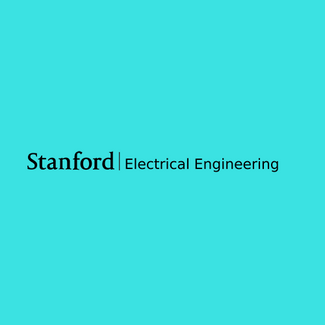
Circuits and Systems for Embodied AI
Gates 403, Fujitsu Conference Rm
Abstract: The AI revolution is accelerating from its perception-focused origins into the generative era, where foundation models, trained on trillions of mostly unlabeled samples via self-supervision, produce multi-modal outputs such as text, sound, images. Foundation models are poised to disrupt multiple businesses. However, even more fundamental disruption will come when we will be able to «embody» these models in cars, robots, eyeglasses... To achieve this goal we need to tackle major challenges in energy efficiency, safety, security and real-time predictability of fine-tuned foundation models, while curtailing their computational complexity. In this talk I will focus on designing hardware and systems for embodied AI, moving from perceptive to generative models.
Bio: Luca Benini holds the chair of digital Circuits and systems at ETHZ and is Full Professor at the Università di Bologna. He received a PhD from Stanford University. His research interests are in energy-efficient parallel computing systems, smart sensing micro-systems and machine learning hardware. He is a Fellow of the IEEE, of the ACM, a member of the Academia Europaea and of the Italian Academy of Engineering and Technology. He is the recipient of the 2016 IEEE CAS Mac Van Valkenburg award, the 2020 EDAA achievement Award, the 2020 ACM/IEEE A. Richard Newton Award, the 2023 IEEE CS E.J. McCluskey Award, and the 2024 IEEE CS Open Source Hardware contribution Award.